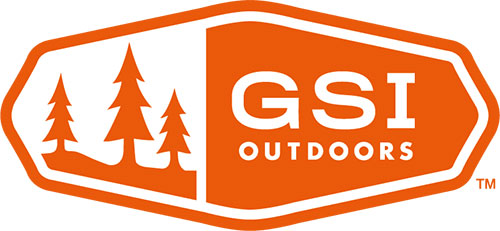When is wildfire season? July to November, although they are starting earlier and ending later every year. “The length of the fire season is estimated to have increased by 75 days in California” (Fire.ca.gov)
When are you allowed to have campfires? This varies from state to state, so make sure you do some research beforehand. Campfires can sometimes be allowed at designated campsites, but this can change depending on the fire danger level in the area you are camping. The regulations constantly change, so make sure to research this beforehand! Most states share regulations on Department of Forestry websites. Hefty fines can be given for breaking fire regulations.
How can you safely create a pit for a campfire? (Instructions from Smokey the Bear).
-
Clear a 10 foot diameter area around the site and clear any leaves, twigs or debris
-
Dig a foot deep hole in the center of the cleared out area
-
Circle the pit with rocks
-
Your campfire is now ready to safely create a fire!
How does breathing wildfire smoke affect your body? Immediate symptoms can include eye irritation, coughing, wheezing, and people with asthma are more likely to experience symptoms. Long term, the tiny air particles from wildfire, can “get lodged deep in the lungs and injure the lining” (nationalgeographic). This can lead to inflammation, and those with pre-existing conditions are at higher risk.
How can you protect yourself from wildfire smoke? First and foremost, stay indoors as much as possible if your city is experiencing heavy wildfire smoke. Close all doors and windows, change your filters, and use a HVAC system if you have one available. If you can, avoid cooking with gas, frying food, smoking or even vacuuming, as it can stir around air particles in your house. (nationalgeographic).
Fire Safety Tips while Camping from the Red Cross:
-
Only start campfires in appropriately marked campfires pits/zones, ringed by stones or rocks and clear of all vegetation
-
Never leave a fire unattended
-
Don’t park your hot car or any other hot machinery over dry grass or vegetation
-
Don’t allow gas to spill on vegetation
-
When using gas lanterns and stoves, always fill the items away from any campfires or other sources of open flames. Always store flammable containers far from fire, tents, campers or sources of heat.
-
If you are towing a trailer, make sure that the safety chains are not creating sparks by dragging on the pavement.
Please check out the Red Cross for ways to get involved in wildfire relief!







